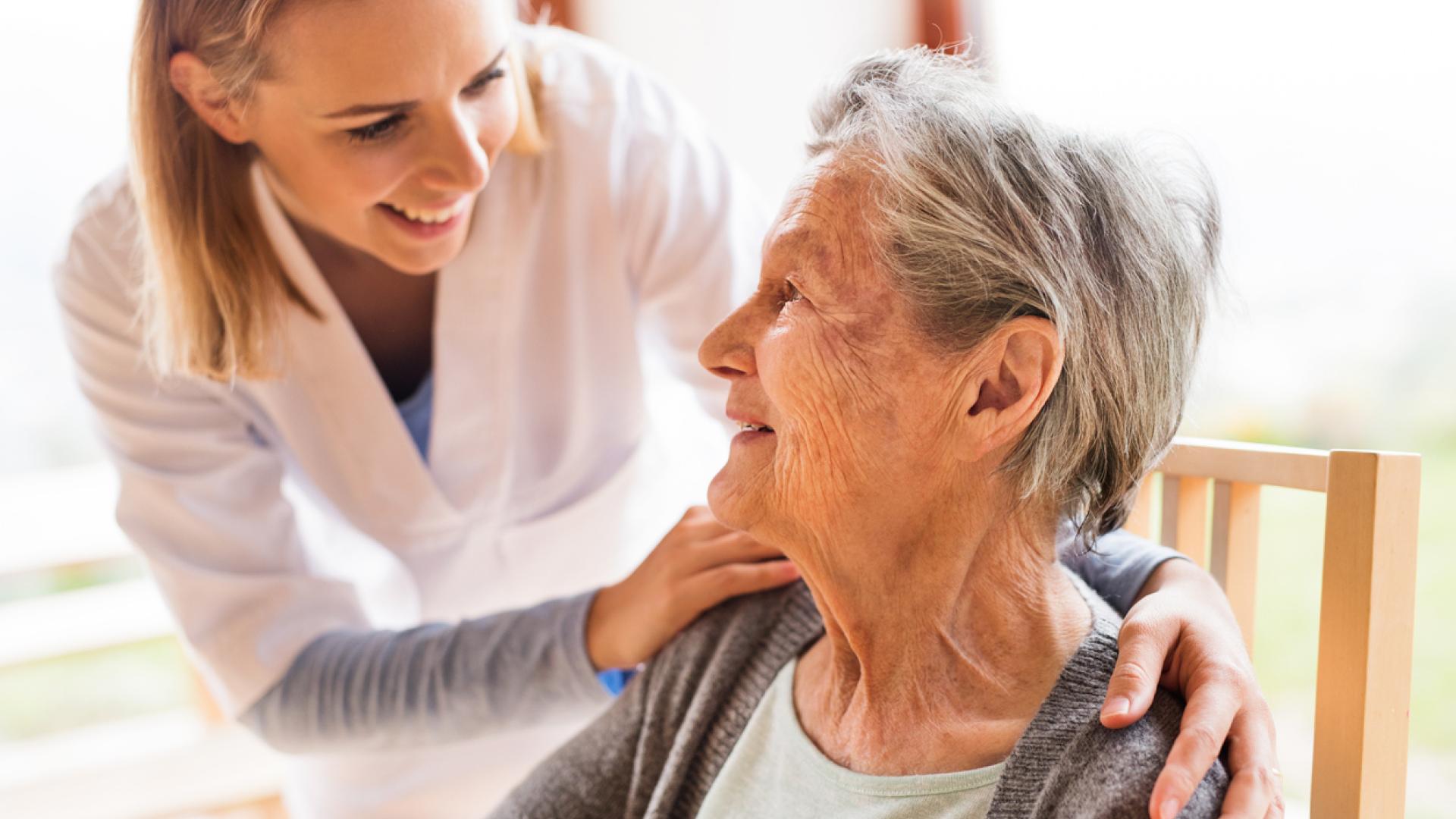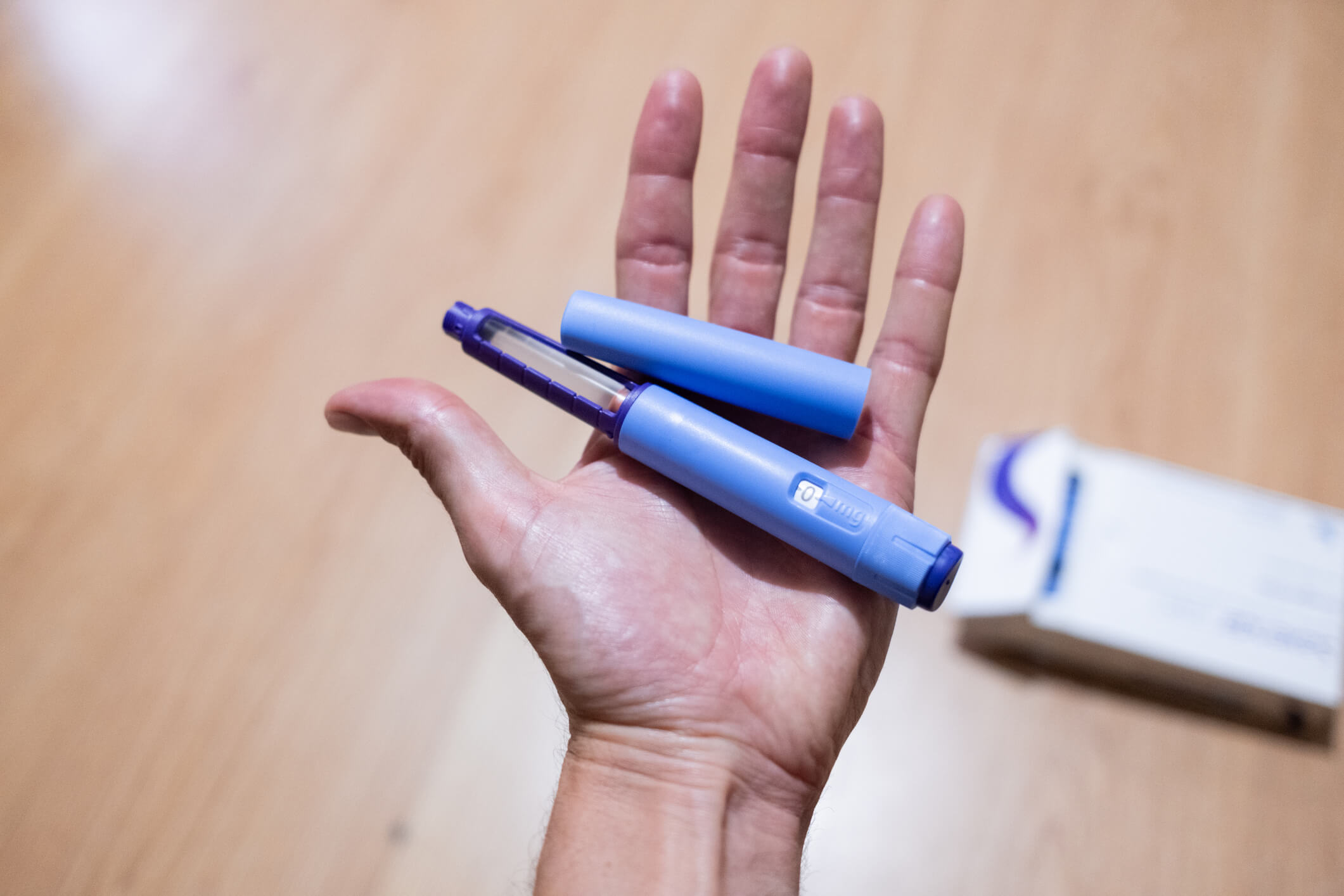
Learn about the signs of elder abuse and what to do if you suspect abuse or neglect.
Considered by some to be one of the most overlooked public health hazards in the United States, the abuse of elders is said to add over $5 billion a year to the nation’s health care expenditures1. Victims of elder abuse are twice as likely to be hospitalized, four times as likely to go into a nursing home, and three times as likely to die. For seniors in the U. S., it is estimated they lose $3 billion due to financial abuse2. In 2012, the National Center on Elder Abuse estimated that between one and two million elderly American adults have suffered from some form of elder abuse, which includes physical, sexual, emotional, and psychological abuse, neglect and self-neglect, abandonment, and financial exploitation.
The Signs of Elder Abuse
As caregivers of vulnerable adults, the thought or suspicion that we are encountering elder abuse can be a stomach churning moment. What are the signs we should be looking for? In “The Red Flags of Elder Abuse,” the Center of Excellence on Elder Abuse and Neglect3, describes the signs as follows:
- Physical Abuse: inadequately explained fractures, bruises, welts, cuts, sores or burns;
- Neglect: lack of basic hygiene, adequate food, medical aids, or clean appropriate clothing; a person with dementia left unsupervised; a bed bound person left without care; a home that is cluttered, filthy, in disrepair, or has fire and safety hazards; a home without adequate facilities (stove, refrigerator, heating and cooling, working plumbing and electricity); untreated pressure sores;
- Psychological Abuse: caregiver isolates elder; caregiver is verbally aggressive or demeaning, controlling, overly concerned about spending money, or uncaring;
- Financial Abuse: lack of amenities victim could afford; elder “voluntarily” giving inappropriate financial reimbursement for needed care and companionship; caregiver has control of elder’s money but is failing to provide for elder’s needs; caregiver “living off” of elder; elder has signed property transfers (Power of Attorney, new will, etc.) when unable to comprehend the transaction.
For Persons with Alzheimer’s and Dementia, Risk for Abuse or Neglect is Greater
Elders with dementia may be at even greater risk of abuse and neglect than elders without dementia. In 2012, the National Center on Elder Abuse cited several studies of caregivers that together speak to the fear of, and the reported rate of abuse. Among the findings: 20% of dementia caregivers in one U.S. study expressed fear they would become violent with the elders they cared for; three international studies found overall rates of abuse of people with dementia from 34% to 62%; in a U.S. study, caregiver abuse and neglect of people with dementia was detected in 47.3% of the surveyed caregivers.
What If I Suspect Elder Abuse or Neglect?
If you suspect an elder you know is being abused or neglected, you have several options to get the help you and the elder need.
- In the U.S., you can call the ElderCare Locator at 1-800-677-1116 for information and/or a referral. The Eldercare Locator is a national service that will help callers identify services and information in their own communities.
- Contact your local Adult Protective Services Agency (APS). In most states, APS is the lead agency to accept abuse and neglect reports. Check the phone directory or online to obtain your local agency’s phone number. Your report to APS will be kept confidential, whether or not they find fault. A directory of all state level APS agencies can be found at https://ncea.acl.gov/Resources/State.aspx.
- Call 911.
- If you are reporting about abuse or neglect of an elder in a nursing home or other long-term care facility, contact your long-term care ombudsman. Each state has an ombudsman program. Among the many roles of the ombudsman, they resolve complaints and advocate on behalf of residents rights and quality of care in LTC facilities. Find the ombudsman in your state or community at www.ltcombudsman.org.
What If I am the Caregiver and I Fear I Could Become Abusive?
If you are in this situation, there are things you can do. First, understand that providing care for someone with dementia or Alzheimer’s, while rewarding, is also challenging, especially in moments when difficult behaviors surface. Day after day, no one can do this alone. There are steps to consider:
- Respite: Is there someone to cover for you in your home? Can you consider a week of respite for your loved one at a local long-term care facility? What about an Adult Day Center program?
- Identify local support groups by contacting your local Agency on Aging, or a social services agency.
Are your loved one’s behaviors becoming too unmanageable and you need to consider another long-term plan? Have you discussed this with the physician managing your loved one’s dementia?
If you are a caregiver and you feel you need help, please reach out and talk with someone, and ask for help. Reach out to family members, friends, a church member or minister, or your local social services agency.
About BrightFocus Foundation
BrightFocus Foundation is a premier global nonprofit funder of research to defeat Alzheimer’s, macular degeneration, and glaucoma. Since its inception more than 50 years ago, BrightFocus and its flagship research programs—Alzheimer’s Disease Research, Macular Degeneration Research, and National Glaucoma Research—has awarded more than $300 million in research grants to scientists around the world, catalyzing thousands of scientific breakthroughs, life-enhancing treatments, and diagnostic tools. We also share the latest research findings, expert information, and resources to empower the millions impacted by these devastating diseases. Learn more at brightfocus.org.
Disclaimer: The information provided here is a public service of BrightFocus Foundation and is not intended to constitute medical advice. Please consult your physician for personalized medical, dietary, and/or exercise advice. Any medications or supplements should only be taken under medical supervision. BrightFocus Foundation does not endorse any medical products or therapies.
- Lifestyle








